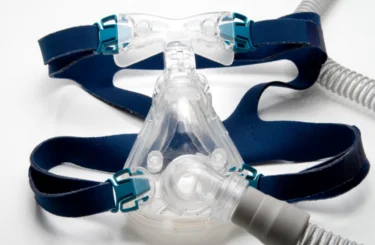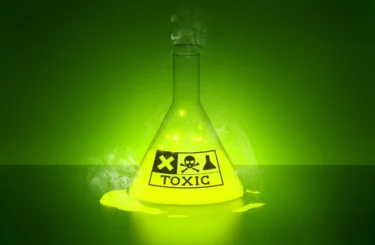
Outcomes Are Not Good for COVID-19 Patients on Ventilators
BY: Kenneth T. Watkins | IN: COVID-19, Personal Injury
As hospitals rush to obtain additional ventilators, new research questions the value of this commonly-accepted treatment option for patients affected by the novel coronavirus.
A recent study published in the Journal of the American Medical Association (JAMA) indicates that the recovery outlook is not good for most of the severely ill COVID-19 coronavirus patients placed on mechanical ventilators. As doctors struggle to help patients recover, this data suggests that ventilators may not be a highly effective treatment option in the fight against this deadly disease.
Why Doctors Use Ventilators to Treat COVID-19 Patients
COVID-19, caused by the novel coronavirus SARS-CoV-2, takes root in humans as a respiratory disease, resulting in breathing issues – including pneumonia – with symptoms like coughing, fever, and shortness of breath. Although some patients recover from mild cases, others deteriorate and develop acute respiratory distress syndrome as their lungs become more and more obstructed. Because these patients struggle to breathe independently, doctors commonly use mechanical ventilators to help their lungs take in oxygen.
This recent study reviewed the records of 5,700 patients hospitalized with COVID-19 in the New York City area between March 1, 2020, and April 4, 2020, 12 percent of whom were treated during that period using mechanical ventilators. Unfortunately, just 3.3 percent of those patients recovered successfully and were discharged after ventilator treatment during the period reviewed by the study; 24.5 percent died. The remaining 72.2 percent remained hospitalized at the time the study ended, and it did not report on or track their subsequent outcomes.
Overall, the outcomes for patients who received care using mechanical ventilation seemed particularly grim for patients over the age of 65, who had a mortality rate of over 97 percent during the dates covered by the study. However, the authors took special care to note that more than half of the patients surveyed (3,066 of the original 5,700) were still alive and receiving in-patient treatment at the end of the reviewed time period, including 72 percent of patients treated with mechanical ventilation. They also pointed out that numerous patients treated using ventilators suffered from other diseases or conditions that may have contributed to death, such as diabetes or obesity. While the results of the study do not discount the use of ventilators as a viable treatment option, ventilation does not appear to correspond with quick, reliable recovery.
Ventilators May Not Be the Best Option for COVID-19 Patients
Placing a patient on a mechanical ventilator is a major medical undertaking involving sedation and intubation. It has significant risks and can cause long-term side effects, including respiratory damage and cognitive disabilities, even if the patient recovers. Because of these potential consequences and because ventilators are relatively scarce, doctors usually reserve this approach for critically ill patients with limited lifesaving alternatives. Initially, patients who struggle to breathe are assisted using nasal cannulas (plastic tubes in the nostrils that deliver oxygen) or apnea devices. If a patient’s blood oxygen levels drop too quickly below the levels understood to be safe, however, physicians turn to mechanical ventilators to get oxygen directly and immediately to the lungs.
Because patients with critical cases of COVID-19 frequently experience very low blood oxygen levels, doctors are using mechanical ventilators more widely. The recent JAMA study, in addition to other studies of patients in Italy and Seattle, Washington, contributes to a growing understanding that outcomes are generally not very good for COVID-19 patients treated using mechanical ventilators. These formal studies support emerging reports from emergency room and intensive care physicians that ventilators are being overused and encourage the continued exploration of alternative treatment strategies. As scientists and physicians learn more about how the virus affects humans and interacts with our respiratory, cardiovascular, and other life support systems, treatments may include less reliance on mechanical ventilators.
Kenneth T. Watkins
Kenneth T. Watkins is an accomplished trial attorney and Senior Shareholder with Sommers Schwartz. Over the course of his career, he has obtained numerous multimillion-dollar settlements. His achievements include one of the largest seven-digit medical malpractice cases in Macomb County in 2008, and his election to membership in the exclusive Million Dollar Verdict Club.





